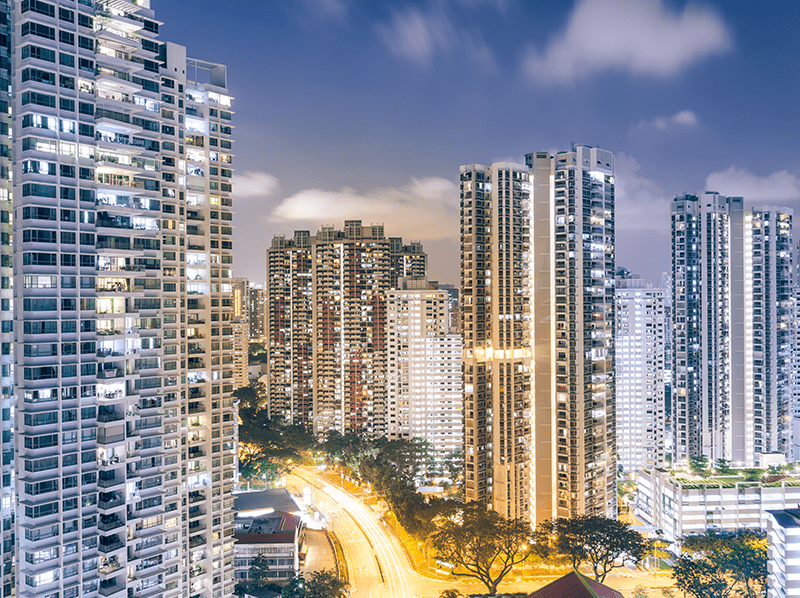
Singapore is poised to be a leader in climate mitigation, says Aidan Mock in his article Climate Change Mitigation in Singapore: Lessons from an Urbanized Island Nation. Despite being an island nation and limited in its ability to develop alternative energy, Singapore has laid out a clear pathway for climate mitigation. Mock highlights three of Singapore’s national policies that are helping to achieve the nation’s goals:
1. Setting explicit climate change commitments
As part of its voluntary commitment to climate change, Singapore has set out to unconditionally reduce total greenhouse emissions intensity by 36 per cent by 2030, compared to 2005 levels. It has also stated its aim to peak carbon emissions around 2030. By setting explicit commitments, Singapore is able to chart a clear path towards limiting emissions.
2. Establishing a carbon tax
In 2017, Singapore announced the implementation of a carbon tax as part of the nation’s strategy in navigating a new energy landscape. The carbon tax took effect in early 2019. Businesses that emit more than 25,000 tons of carbon dioxide or equivalent amounts of other greenhouse gases will need to pay S$5 per ton of emission. After 2023, Singapore is expected to raise the tax to between S$10 and S$15.
3. Liberalising the energy market
Singapore has also liberalised the energy market and given consumers choice over their power supplier, including those that focus on renewable resources. For example, Sunseap is a supplier focusing solely on developing solar energy and offers a 100 per cent solar power plan. While the purely solar power plan is currently more expensive compared to plans that rely entirely on natural gas, this is expected to change when Singapore’s carbon tax rises in the future. The 100 per cent solar power plan will then become more cost competitive and attractive to price-conscious consumers.
With the Singapore government taking the lead in climate change mitigation in the country, Mock believes that Singapore is fully capable of further reducing carbon emissions and achieving the nation’s substantial commitments by 2030.
For more, please read the full article Climate Change Mitigation in Singapore: Lessons From an Urbanized Island Nation.













































